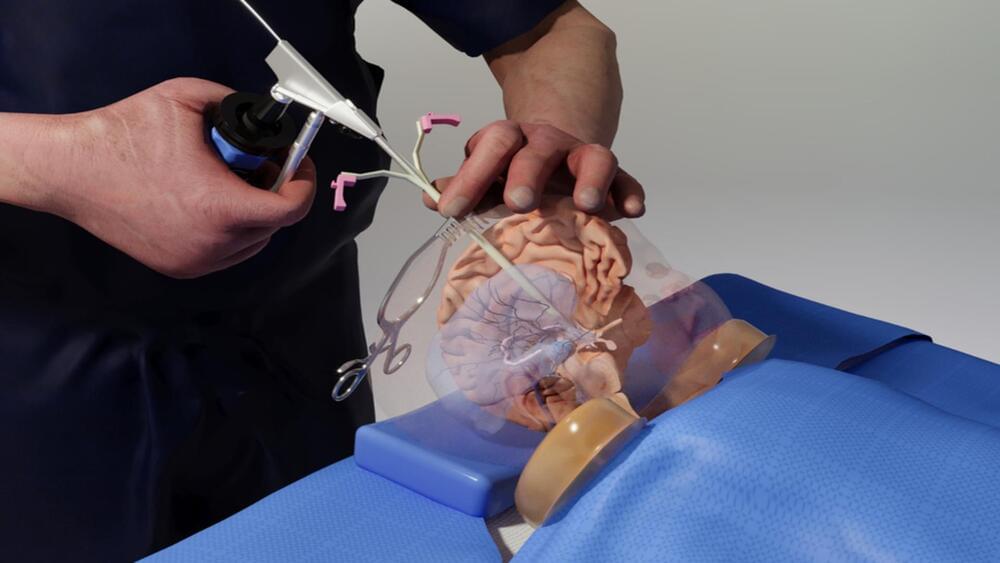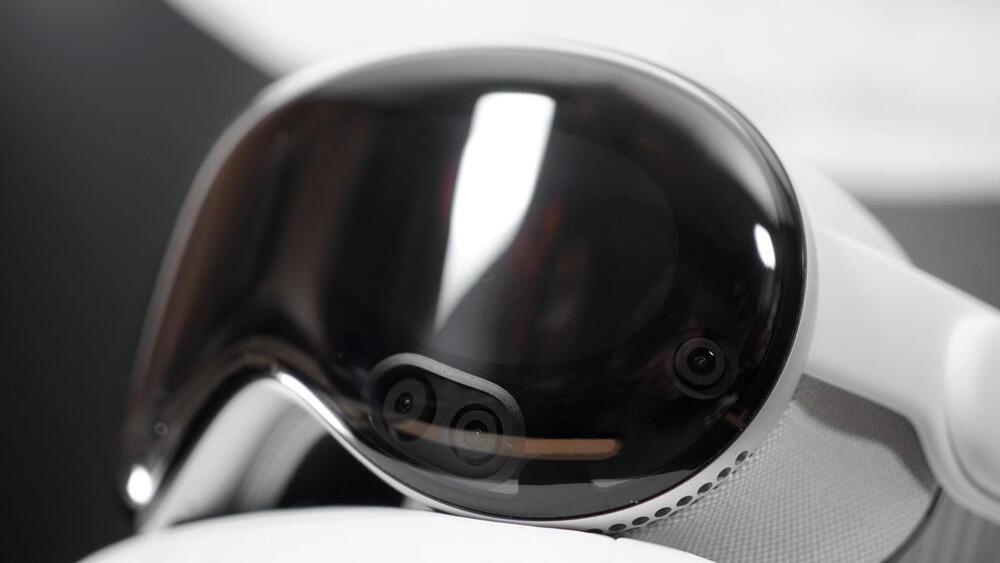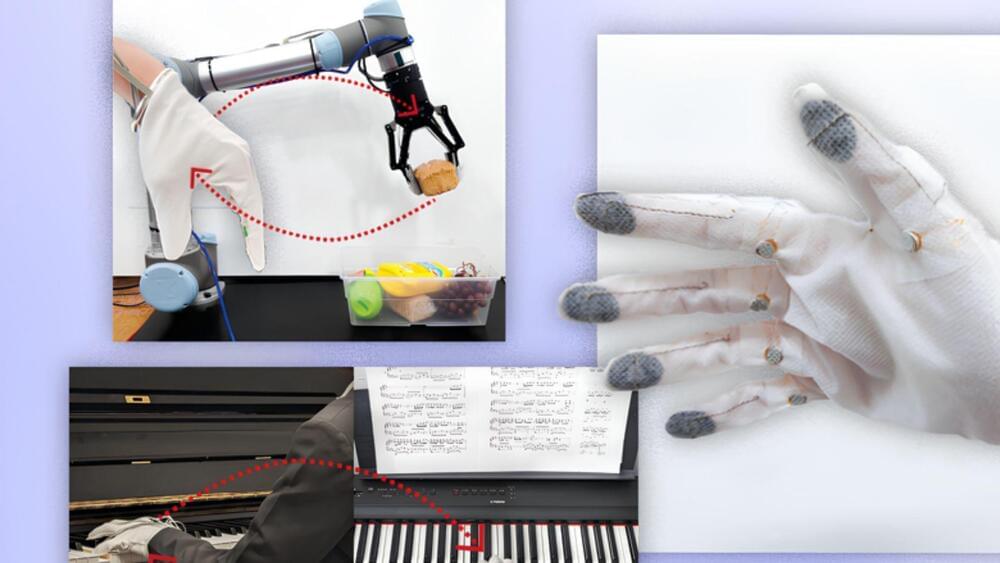MIT and an AR/VR startup join forces to pioneer a new era in medical training. Dive into the future as a virtual avatar of a top neurosurgeon mentors learners globally.



Apple Vision Pro may gain the ability to play SteamVR games, thanks to developers who have begun porting the open-source ALVR software.
ALVR is software that enables streaming VR games to virtual reality headsets. The adaptation of ALVR allows users to enjoy SteamVR games on Apple Vision Pro’s Micro-OLED displays.
However, interacting with these games requires a specific type of controller that tracks itself instead of one tracked by a headset.
The UNI-ONE works with two HOT Drive Systems and can travel at 3.7 miles an hour while delivering an unmatched XR experience.

Summary: Researchers unveiled a pioneering technology capable of real-time human emotion recognition, promising transformative applications in wearable devices and digital services.
The system, known as the personalized skin-integrated facial interface (PSiFI), combines verbal and non-verbal cues through a self-powered, stretchable sensor, efficiently processing data for wireless communication.
This breakthrough, supported by machine learning, accurately identifies emotions even under mask-wearing conditions and has been applied in a VR “digital concierge” scenario, showcasing its potential to personalize user experiences in smart environments. The development is a significant stride towards enhancing human-machine interactions by integrating complex emotional data.


The technology can reconstruct a hidden scene in just minutes using advanced mathematical algorithms.
Potential use case scenarios
Law enforcement agencies could use the technology to gather critical information about a crime scene without disturbing the evidence. This could be especially useful in cases where the scene is dangerous or difficult to access. For example, the technology could be used to reconstruct the scene of a shooting or a hostage situation from a safe distance.
The technology could also have applications in the entertainment industry. For instance, it could create immersive gaming experiences that allow players to explore virtual environments in 3D. It could also be used in the film industry to create more realistic special effects.
In the short term, CSI technology enables an entirely new form of communication in which thoughtful deliberations can be conducted among groups of nearly any size. This has potential to enhance a wide range of fields from enterprise collaboration and market research to large-scale civic engagement.
In the longer term, this approach could enable a new pathway to superintelligence that is inherently aligned with human values, morals and sensibilities. Of course, companies like OpenAI and Anthropic should keep working around the clock to instill their AI models with human values and interests, but others should be pursuing alternative methods that amplify rather than replace human intelligence. One alternative is Collective Superintelligence, which looks far more feasible today than in years past.
Louis Rosenberg is a longtime technologist in the fields of AI and VR. He is known for founding early VR company Immersion in 1993, Unanimous AI in 2014, and for developing the first mixed reality system as a researcher for the U.S. Air Force.


Two tech titans are now duking it out in the headset wars. Apple’s Vision Pro and Meta’s Quests offer different price points, different specs, and most importantly, different visions of the future of virtual reality. And both have big hurdles to clear. This week on TechCheck, why the headset battle is Apple’s to lose.
Chapters:
0:00 – Who will win the headset wars?
0:42 – The case for Apple.
5:35 – The case for Meta.
7:56 – The case for both… or neither.
For access to live and exclusive video from CNBC subscribe to CNBC PRO: https://cnb.cx/42d859g.
» Subscribe to CNBC TV: https://cnb.cx/SubscribeCNBCtelevision.
» Subscribe to CNBC: https://cnb.cx/SubscribeCNBC
Turn to CNBC TV for the latest stock market news and analysis. From market futures to live price updates CNBC is the leader in business news worldwide.
Connect with CNBC News Online.